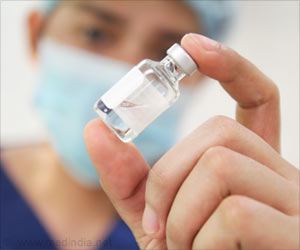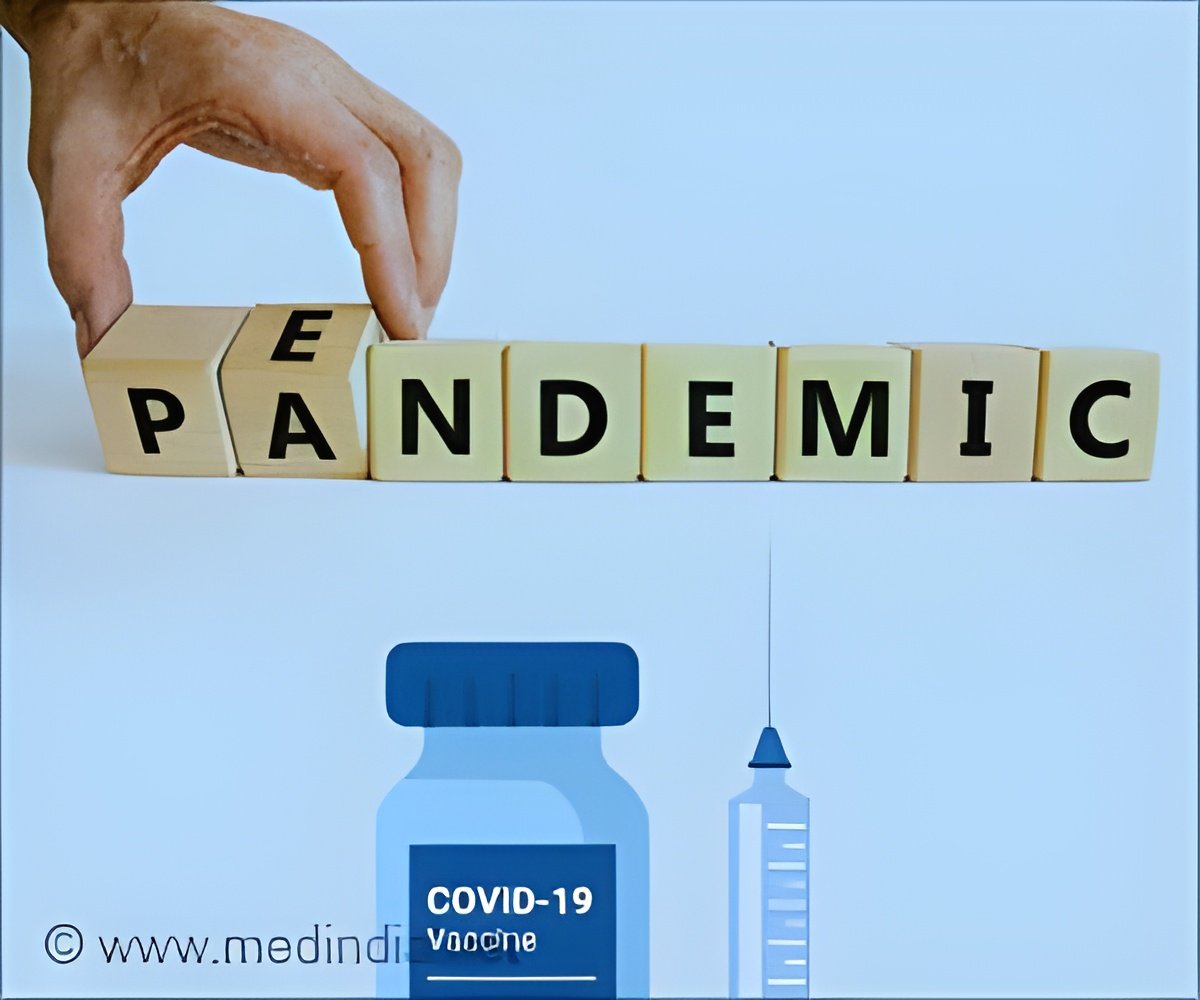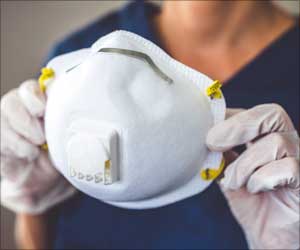In a world with over 7 billion people, more than 10 billion COVID-19 vaccine doses have been administered by the end of January 2022. But more than 3 billion people globally have not received even their first vaccine dose yet.
Despite having enough vaccine doses to protect the most at risk from COVID-19, we have failed to vaccinate equitably. Are some more equal than others? Mahatma Gandhi had rightly said that our world has enough for everyone’s need but not for anyone’s greed.
Only 7% of the people in Africa have had a single dose of vaccine by the end of January 2022. In several countries, less than 50% of most at-risk people, including healthcare workers and other frontline workers, have been vaccinated.
More than half of the world’s countries will fail to meet the global goal of vaccinating at least 70% of the population by June 2022. Nine out of every ten persons who are hospitalized due to COVID-19 are unvaccinated.
“Those who are fully vaccinated, are somewhere between 20 and 50 times less likely to be admitted to hospital,” said Dr. Michael Ryan, Executive Director of the World Health Organization (WHO) Global Emergencies Programme in a media briefing.
This protection against acute disease of COVID-19 goes up in those vaccinated people who are more vulnerable to COVID-19, such as those with co-morbidities.
“Reality is that the vast majority of people who are arriving in hospitals due to COVID-19 are unvaccinated” added Dr. Ryan.
Due to vaccine inequity, as well as due to the appalling failure to break the chain of infection transmission, the number of new COVID-19 cases is soaring high.
The highest weekly number of new cases since the beginning of the pandemic in December 2019, was reported in the fourth week of January 2022 (more than 21 million cases), said Dr. Ishwar Gilada, noted infectious diseases expert, who was in conversation with CNS (Citizen News Service).
This was 2 million more as reported in the third week of January 2022 and 6 million more as reported in the second week – such high weekly numbers of COVID-19 cases were reported neither in 2021 nor in 2020.
It is high time we fully understand the risk of failing to break the chain of infection transmission and patchy vaccination coverage: the more the virus circulates in our population, the more is the risk of new mutations and the emergence of newer variants.
Who is responsible for putting unvaccinated people at heightened risk of COVID-19 related hospitalization or even death? It is not the shortage of vaccines that failed us, but the same-old deep-seated inequity and social injustice that has historically failed us on a range of human development indices, has botched up vaccine rollout too.
“We can have all the technology and innovation but if we do not have the mechanisms to ensure that the fruits of science, technology, and innovation will be shared equitably, then we will fail. So far in this pandemic, the greatest failure has been our inability to deliver these life-saving tools to the people who will benefit most,” rightly said Dr. Michael Ryan.
Gandhi’s Talisman
He echoed what Mahatma Gandhi had said in his Talisman almost a century back: “I will give you a talisman. Whenever you are in doubt, or when the self becomes too much with you, apply the following test- “Recall the face of the poorest and the weakest man [woman] whom you may have seen, and ask yourself if the step you contemplate is going to be of any use to him [her]. Will he [she] gain anything by it? Will it restore him [her] to control over his [her] own life and destiny? In other words, will it lead to swaraj [freedom] for the hungry and spiritually starving millions? Then you will find your doubts and self will melt away.”
Undoubtedly, if we are to deliver on the promise of “Health For All”, then the health system must meet the needs of the poorest of the poor and weakest of the weak in a just and equitable manner.
And the same quality of service which goes to the weakest of the weak person should be a benchmark for everyone else.
Reducing pressure on health systems is a compelling priority
As most of the people currently hospitalized due to COVID-19 are unvaccinated, this pressure on the health system could have been avoided had we equitably vaccinated everyone in the past year since the vaccine rollout began.
When the health system comes under pressure due to COVID-19, then healthcare services for health conditions other than COVID-19 get jeopardized resulting in needless human suffering and untimely deaths.
The best way to avoid pressure on the health system is to ensure that the highest proportion of people in our population has a full course of vaccine, particularly those who are in high-risk groups and those with underlying conditions.
Agrees Dr. Maria Van Kerkhove, WHO Technical Lead for COVID-19: From an individual point of view, COVID-19 vaccination is so critical because it prevents you from needing to go to the hospital by reducing your risk of developing serious disease.
This will also free up those hospital beds and services for people who need them for COVID-19 or other health conditions.
The virus may not go away but a path out of emergency is possible
The SARS-CoV-2 virus may not disappear but reducing the risk of getting infected with it is possible. It is also possible to reduce the risk of health emergencies like hospitalization, need for oxygen or ventilator or intensive care services, or untimely death.
“The virus is not going to go away but what can go away is the emergency. We can reduce the hospitalizations and deaths, and thereby restrictions” said Dr. Maria Van Kerkhove, if we fully vaccinate all eligible people equitably and timely, particularly those who are at a higher risk of the disease.
Dr. Mike Ryan sums it up well: “we are defined as a civilization not by how we treat the wealthiest people, but by how we treat the most vulnerable – that is the measure of our society and right now we are not measuring up.”
Source: CNS



